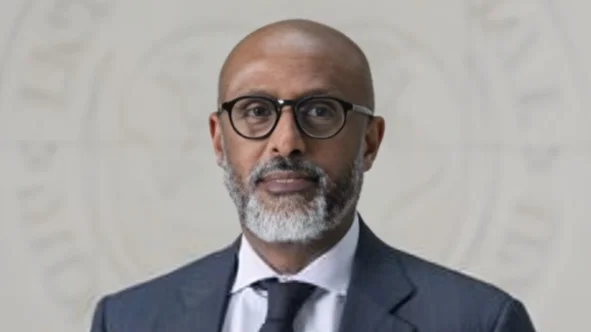An International Monetary Fund (IMF) staff team, led by Justin Tyson, visited Malawi from November 3 to 7 as part of ongoing discussions with Malawian authorities. The meetings in Lilongwe addressed recent economic trends and policy priorities aimed at supporting macroeconomic stability and growth.
At the end of the visit, Tyson stated: “The team had productive discussions with the authorities. They discussed recent economic, financial, and social developments. The macroeconomic challenges for the new government are significant. These include a worse-than-budgeted fiscal outturn at midyear, accelerated inflation, and continued pressure on the exchange rate. Growth is projected to remain modest at 2.4 percent in 2025, and food insecurity is elevated. Public debt dynamics remain unsustainable.
“Discussions focused on near-term policy priorities. Staff agreed that urgent fiscal consolidation and tighter monetary policy are needed to tackle inflation, reduce imbalances, and stabilize the foreign exchange market. Staff commend the authorities for reactivating the automatic fuel price mechanism and encourage them to operationalize the promised fiscal discipline and revenue mobilization, starting with the mid-year budget. Recent measures to control expenditure are a positive sign. Staff look forward to continued engagement with the authorities on their macroeconomic reform trajectory.
“The IMF staff team wishes to express its gratitude to the authorities and stakeholders for the constructive and open discussions during the visit.”
During their stay, IMF representatives met with Joseph Mwanamvekha, Minister of Finance, Economic Planning and Development; Dr. Cliff Chiunda, Secretary to the Treasury; Dr. MacDonald Mwale, Governor of the Reserve Bank of Malawi; as well as other senior officials from both government and central bank sectors. The team also consulted with private sector representatives, civil society organizations, and development partners.

